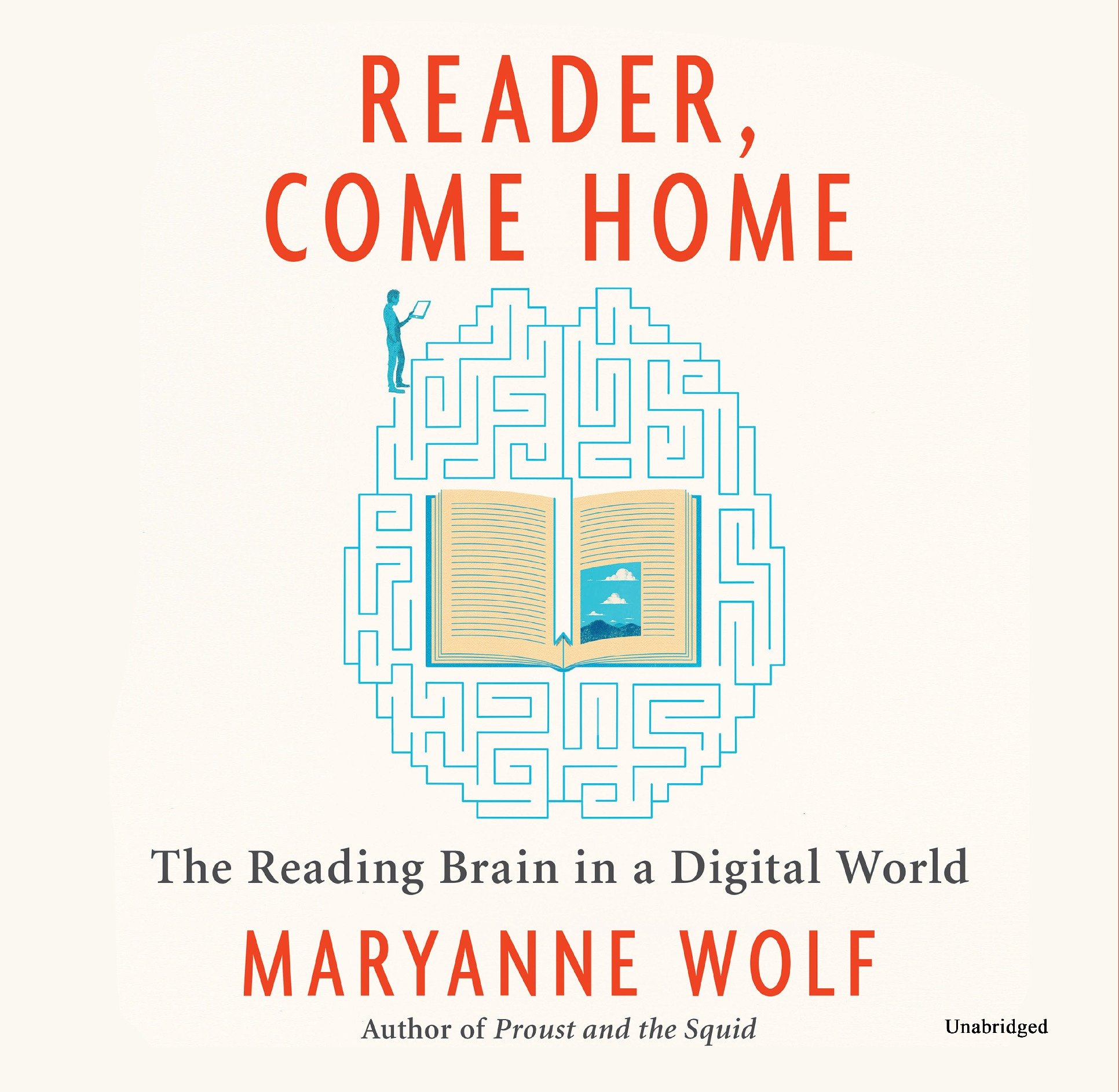An excellent book ...
In childhood, he declared, the word-rich get richer and the word-poor get poorer, a phenomenon he called the “Matthew Effect” after a passage in the New Testament. There is also a Matthew-Emerson Effect for background knowledge: those who have read widely and well will have many resources to apply to what they read; those who do not will have less to bring, which, in turn, gives them less basis for inference, deduction, and analogical thought and makes them ripe for falling prey to unadjudicated information, whether fake news or complete fabrications. Our young will not know what they do not know.
The central issue is not their intelligence, nor, more than likely, even their lack of familiarity with different styles of writing. Rather, it may come back to a lack of cognitive patience with demanding critical analytic thinking and a concomitant failure to acquire the cognitive persistence, what the psychologist Angela Duckworth famously called “grit,” nurtured by the very genres being avoided. Just as earlier I described how a lack of background knowledge and critical analytical skills can render any reader susceptible to unadjudicated or even false information, the insufficient formation and lack of use of these complex intellectual skills can render our young people less able to read and write well and therefore less prepared for their own futures.
Maryanne Wolf, from Reader, Come Home: The Reading Brain in a Digital World
In childhood, he declared, the word-rich get richer and the word-poor get poorer, a phenomenon he called the “Matthew Effect” after a passage in the New Testament. There is also a Matthew-Emerson Effect for background knowledge: those who have read widely and well will have many resources to apply to what they read; those who do not will have less to bring, which, in turn, gives them less basis for inference, deduction, and analogical thought and makes them ripe for falling prey to unadjudicated information, whether fake news or complete fabrications. Our young will not know what they do not know.
The central issue is not their intelligence, nor, more than likely, even their lack of familiarity with different styles of writing. Rather, it may come back to a lack of cognitive patience with demanding critical analytic thinking and a concomitant failure to acquire the cognitive persistence, what the psychologist Angela Duckworth famously called “grit,” nurtured by the very genres being avoided. Just as earlier I described how a lack of background knowledge and critical analytical skills can render any reader susceptible to unadjudicated or even false information, the insufficient formation and lack of use of these complex intellectual skills can render our young people less able to read and write well and therefore less prepared for their own futures.
Maryanne Wolf, from Reader, Come Home: The Reading Brain in a Digital World









































































































































































No comments:
Post a Comment